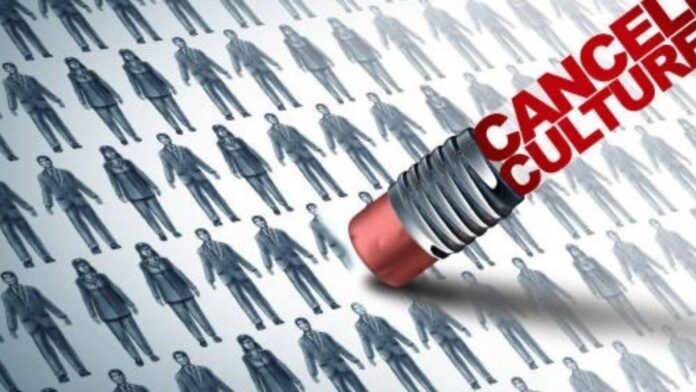Have you been using social media lately? Do you notice any pattern of media consumption and interaction among your mutual friends? Would you rather engage in conflicts or ignore them? As frequent users of online platforms, their purpose varies depending on what a person intends to do with it. Whatever the reason may be, people are liable for the actions committed in the digital environment for it affects the culture we engage in.
Gone are the days when social media was only used for messaging people or sharing thoughts, images, and videos of everyday activities. Nowadays, an evolution in responsible participation made people held accountable for their questionable actions. The beginning of a trend where “cancel culture” showed power in unified ideologies.
Generation Z who have an active social media presence used cancel culture to call out individuals, organizations, and institutes on their problematic behaviors. In the local context, Filipinos are starting to apply this practice on the days leading to the 2022 national elections. During campaigns, celebrities and influencers are present in promoting candidates. Their popularity and platform are used to attract and gain attention. With a large following, they were able to persuade fans into voting politicians they are supporting. But there were instances where the candidate faced controversial issues bound to be ridiculed by the opposition.
Celebrities and influencers who became involved with such politicians are being called out for choosing wealth over principles. For instance, Toni Gonzaga was apprehended by supporters of Vice President Leni Robredo for promoting Bongbong Marcos, the son of the former dictator. Presidential aspirant Bongbong appealed to people for unity instead of a “cancel culture” mentality. Boycotting had a great impact on the livelihood of his supporters. This form of ostracism has affected establishments, people, and their businesses.
Although the mass disapproval initiated in this practice helps demand greater accountability, it can still be a negative movement. There were instances where the cancellation does not equate to the severity of a mistake. Due to the immediacy of such a trend, people felt the urgency to judge without prior knowledge on where the involved party is coming from. Justifying their response through a flawed mentality. Stressing that people who have been cancelled should not act a certain way since they have a large platform to influence.
Any person in their lifetime has made a mistake of making offensive remarks and problematic actions. Yet, those that have been subject to “cancel culture” are portrayed as diabolical beings. That their error is enough to discredit an entire career. This trend is an example of an individual’s innate cynicism, thinking it’s acceptable because others appear to do the same. At the end of the day, everyone should be responsible and rational regardless of the differences in political preference.
Disclaimer: The opinions expressed in this article are the author’s own and do not reflect the view of POLITICO.PH
ABOUT THE AUTHOR:
Kristine Mae D. Cruz is a senior student of Communication at Far Eastern University-Manila and is currently an intern at Brown Bag Communications Inc. under PageOne Media. As a student, she has developed skills in research and writing articles for websites and magazines. Writing has been a passion of hers as well as the occasional binge-watching of historical documentaries. With media as her line of industry, she intends to seek the truth and create unbiased content as a representative of the Fourth Estate.


